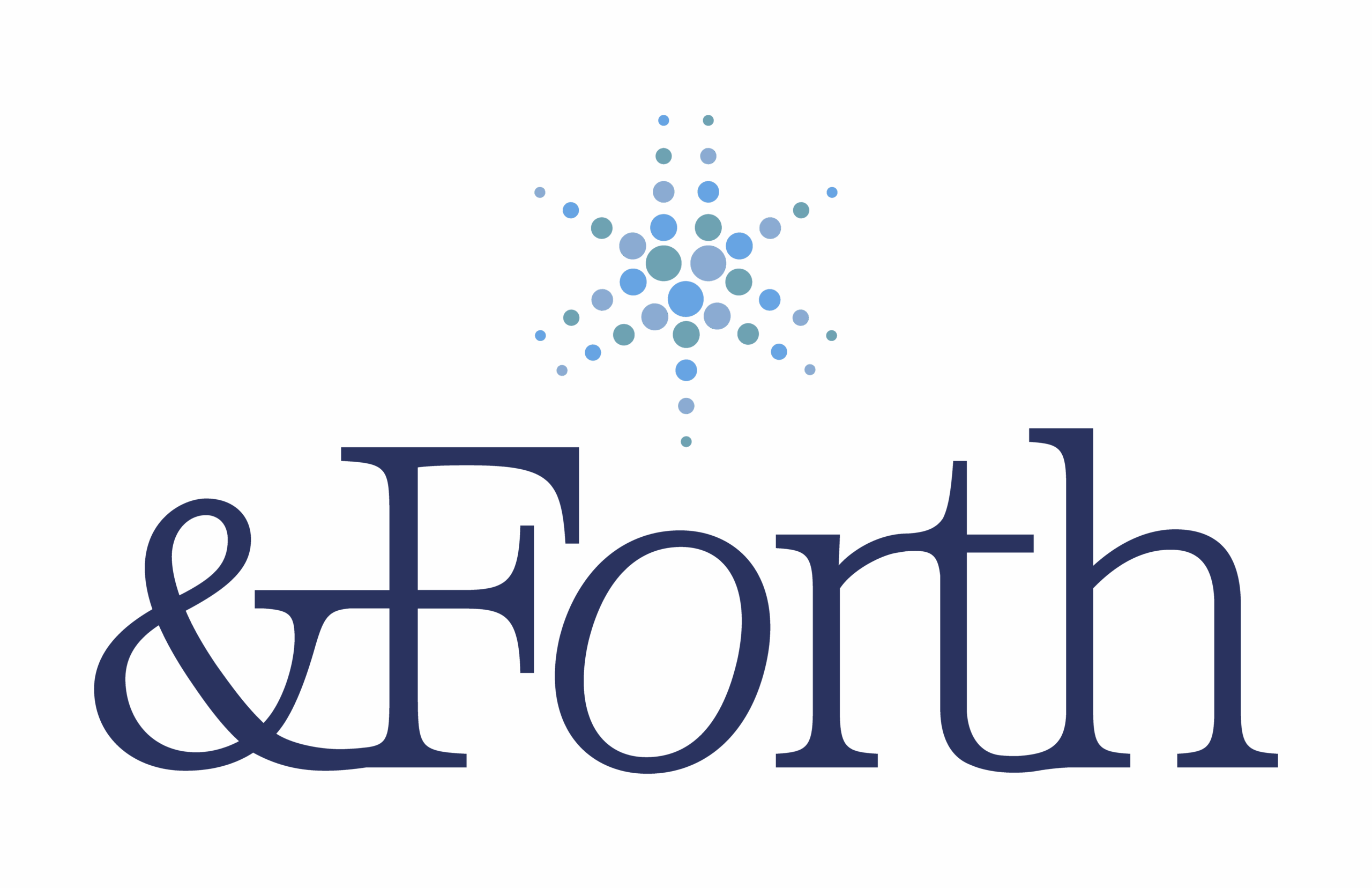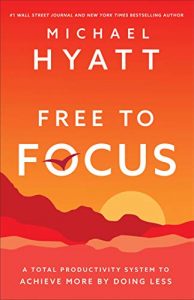Evaluate: Determine Your Course, page 43.
- In Chapter 1, you began to chart where you want to go.
- Because you completed the Productivity Vision exercise, you have already developed a compelling vision for yourself.
- Now that you know where you want to go, you need to figure out where you are right now.
- For that, you are going to need a special kind of compass – the Freedom Compass.
- The Freedom Compass is your productivity guide that will prevent you from heading off in the wrong direction.
- It helps you evaluate tasks, activities, and opportunities based on two key criteria: passion and proficiency (you need both or your energy and performance will suffer).
- By passion, I’m talking about the work you love, work that energizes you.
- Proficiency means you’re not only skilled at something, you’re also generating results that other people can measure and reward.
- Some people confuse aptitude with proficiency. Aptitude signals skills alone, while proficiency signals skills plus contribution.
Four Zones of Productivity
- Let’s look at the mechanics of the Freedom Compass.
- Picture a grid with Proficiency running across the x-axis and Passion running up the y-axis.
- These two criteria will help you identify and understand the four different zones that you normally operate in:

Zone 4: The Drudgery Zone
- The Drudgery Zone is made up of tasks for which you have no passion and no proficiency.
- These are things that you hate doing and aren’t any good at anyway.
- This is the worst kind of work for you to do.
- It’s a grind.
- Just keep in mind, though, that just because something falls into your Drudgery Zone doesn’t mean it falls into everyone’s Drudgery Zone.
Zone 3: The Disinterest Zone
- The Disinterest Zone is made up of things that you’re proficient at, but not passionate about.
- You can do these tasks – maybe better than anyone else in your office – but they drain your energy.
- Most of us naturally avoid Drudgery Zone tasks, but we often get stuck in a rut of doing Disinterest Zone activities simply because we are good at them.
- If we’re not careful, we can get stuck in the Disinterest Zone for years, maybe decades, simply because it’s what pays the bills.
Zone 2: The Distraction Zone
- In this zone, life starts to get a lot more tolerable.
- The Distraction Zone is made up of things that you are passionate about but have little proficiency for.
- These activities aren’t draining your energy, but if you aren’t careful, they can be massive time-wasters.
- The problem is that you aren’t proficient at them, which prevents you from making significant contributions in these areas.
- Here’s the problem with the Distraction Zone: your passion can mask your lack of proficiency – but only to yourself.
- Our proficiency is best seen by other people. This means that we may be the last to know that we’re wasting an enormous amount of time doing subpar work on something we enjoy.
Zone 1: The Desire Zone
- The Desire Zone is the point where your passion and proficiency intersect.
- It’s where you can unleash your unique gifts and abilities to make the most significant contributions to your business, family, community and maybe even world.
- If your destination is freedom, this is where you’ll experience it.
- The rest of the book will be focused on getting you into the Desire Zone and helping you stay there.
Zone X: The Development Zone
- The Development Zone is a fifth zone with no fixed place on the grid.
- It’s how to gauge work that is outside your Desire Zone but moving toward it.
- Maybe you’re high-proficiency/low-passion, but you’re developing passion.
- Or, you’re low-proficiency/high-passion, but you’re building proficiency.
- Many of the tasks in your Desire Zone today may have started in your Development Zone and migrated there over time.
- Research has shown that practice and eventual mastery can influence the joy we feel in a task.
Finding Your True North
- The Freedom Compass is simply the passion-and-proficiency grid rotated so the Desire Zone occupies the top position.
- Zone 1 is now True North.

- As a navigation compass can save your life if lost in the wilderness, the Freedom Compass can guide you through the jungle of meaningless, unproductive work.
- True productivity is about doing more of what is in your Desire Zone and less of everything else.
- The more time you spend in your Desire Zone, the more good you do not only for yourself but also for the world around you.
Limiting Beliefs, Liberating Truths
- The biggest obstacle in our efforts to become productive may be our mindset.
- Our limiting beliefs limit our potential by establishing false, constricting boundaries that prevent us from accomplishing bigger and better things.
- The Seven Limiting Beliefs that impact our efforts to become more productive are:
- “I just don’t have enough time.”
- The most common limiting belief.
- It’s a universal truth: we all feel too busy.
- Liberating Truth: I have all the time I need to accomplish what matters most.
- “I’m not that disciplined.”
- We reserve the word discipline for those things that we don’t want to do.
- If you design your life so that you spend most of your time working on things that you are passionate about and proficient at, the discipline to do those things comes easily.
- Liberating Truth: Working in my Desire Zone doesn’t require much discipline.
- “I’m not really in control of my time.”
- Not everyone is a CEO, self-employed, or even management.
- You are not a passive object floating through life, completely at the mercy of outside forces.
- Pockets of time may be under someone else’s control, but you still have control over the rest.
- Liberating Truth: I have the ability to make better use of the time I do control.
- “Highly productive people are just born that way.”
- When we say this we are trying to let ourselves off the hook.
- These highly productive people were not born with these abilities.
- They simply found ways to develop their own potential – and you can too.
- Liberating Truth: Productivity is a skill I can develop.
- “I tried before, and it didn’t work.”
- This is not something high-achievers say.
- High-achievers never given up because one solution failed.
- They keep looking for what will work, and they don’t stop until they find it.
- Liberating Truth: I can get better results by trying a different approach.
- “My circumstances won’t allow it right now, but they’re only temporary.”
- This is the deadliest of all limiting beliefs.
- Though this belief seems reasonable and hopeful for the future, it can wreck any chance you have of ever becoming more productive.
- What is temporary will eventually become permanent unless you change something now.
- These busy seasons keep redrawing the boundary lines around our time, and things will never go “back to normal.”
- Liberating Truth: I don’t have to wait until my circumstances change to get started and make progress.
- “I’m not good with technology or complicated systems.”
- Liberating Truth: True productivity doesn’t require complex technology or systems. It’s more about aligning my daily activities with my priorities, and I can do that.
Exercise: Free to Focus Task Filter
- Use the Task Filter and Freedom Compass worksheet at FreeToFocus.com/tools.
- List your regular tasks and activities on the Task Filter.
- Evaluate each item on your list by passion and proficiency.
- Then use that insight to determine which zone each task belongs (ignore the Eliminate, Automate, and Delegate columns for now).
- Once you’ve categorized your tasks, take an extra minute to transfer them to your Freedom Compass, listing each task in the appropriate zone.
- Post your completed Freedom Compass where you’ll see it often and use it as a reminder to focus on Desire Zone activities as much as possible.


